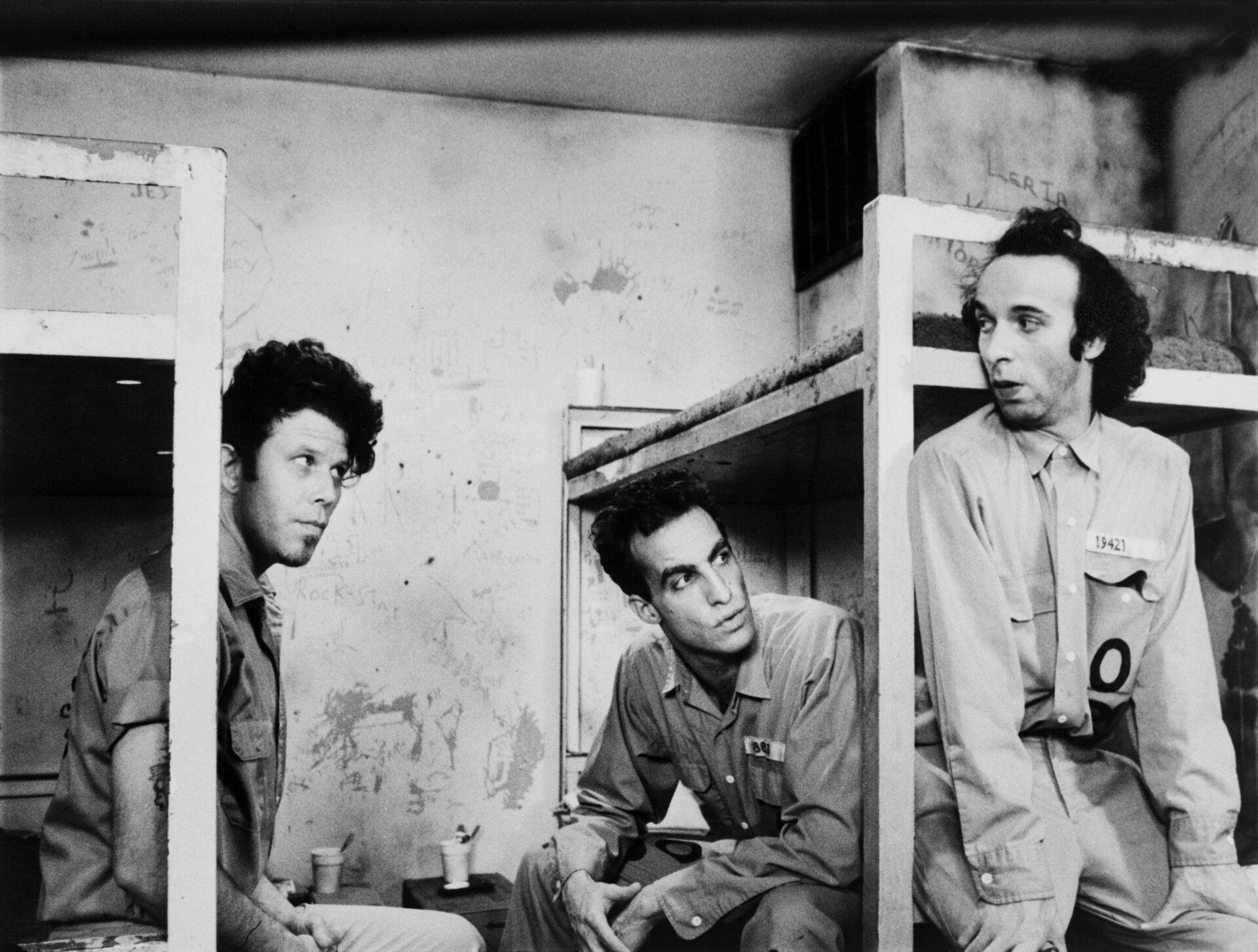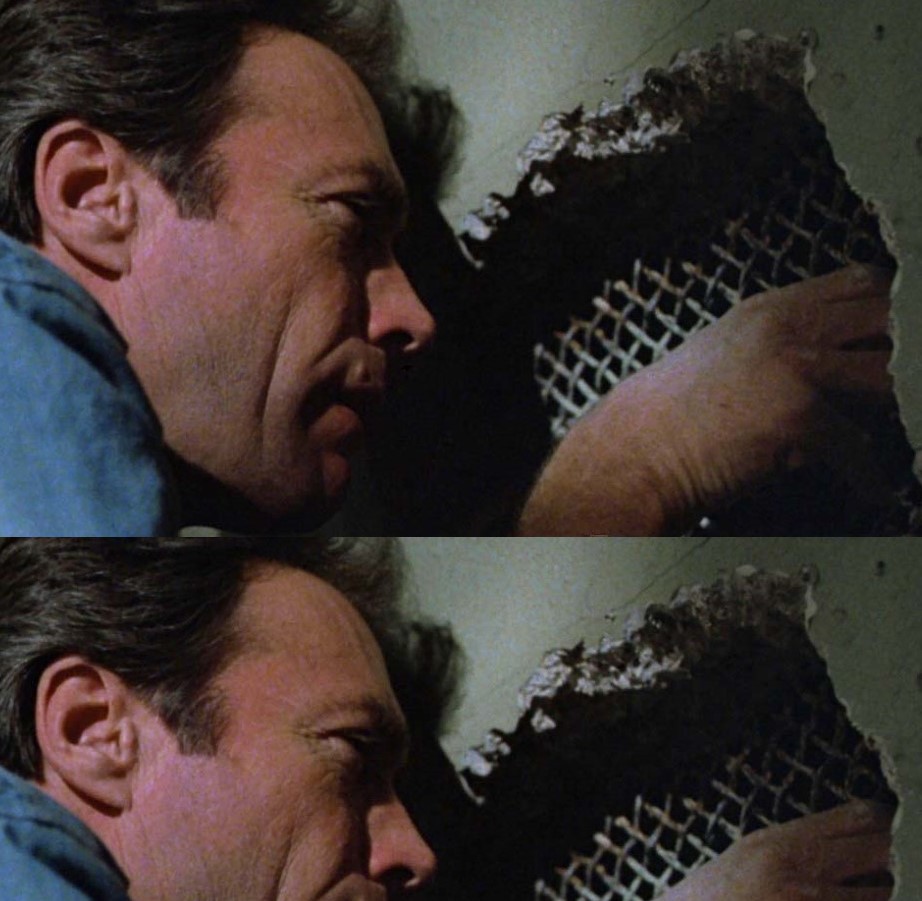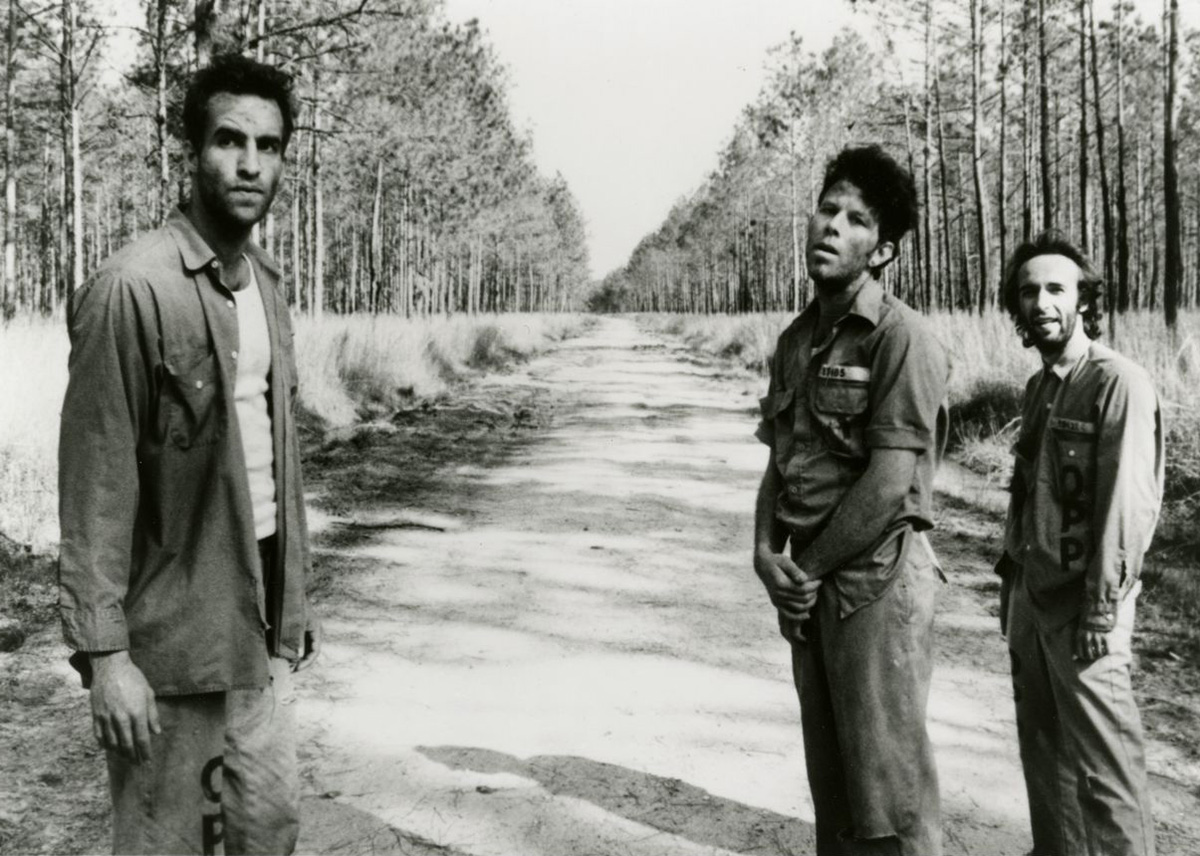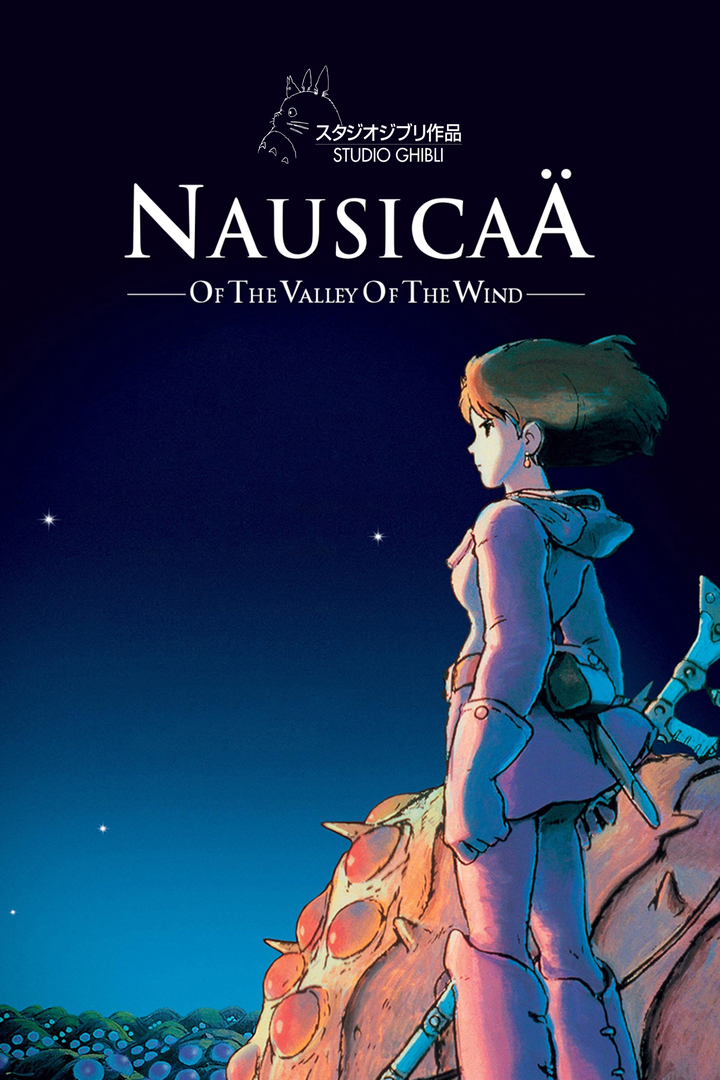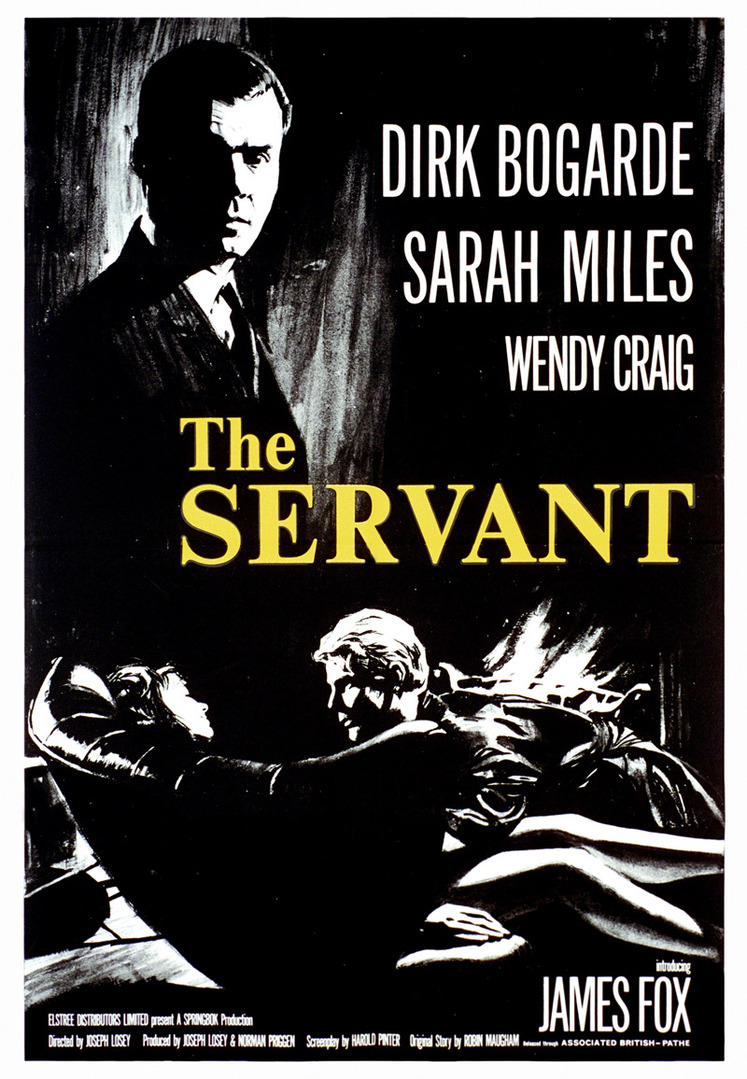Down by Law
Cinema has always been fond of escape stories. Whether epic or intimate stories, war or prison film, tragedy or comedy, these tales reflect the injustices, violence and conflicts that tear people apart, as well as their propensity for solidarity and compassion. The inventiveness the characters devote to escaping is reminiscent of that of filmmakers who stage their imprisonment in order to better break it down: an always meticulous game, set against a backdrop of spatial constraints and a race against time.
In Louisiana, three prisoners escape and wander the bayous.
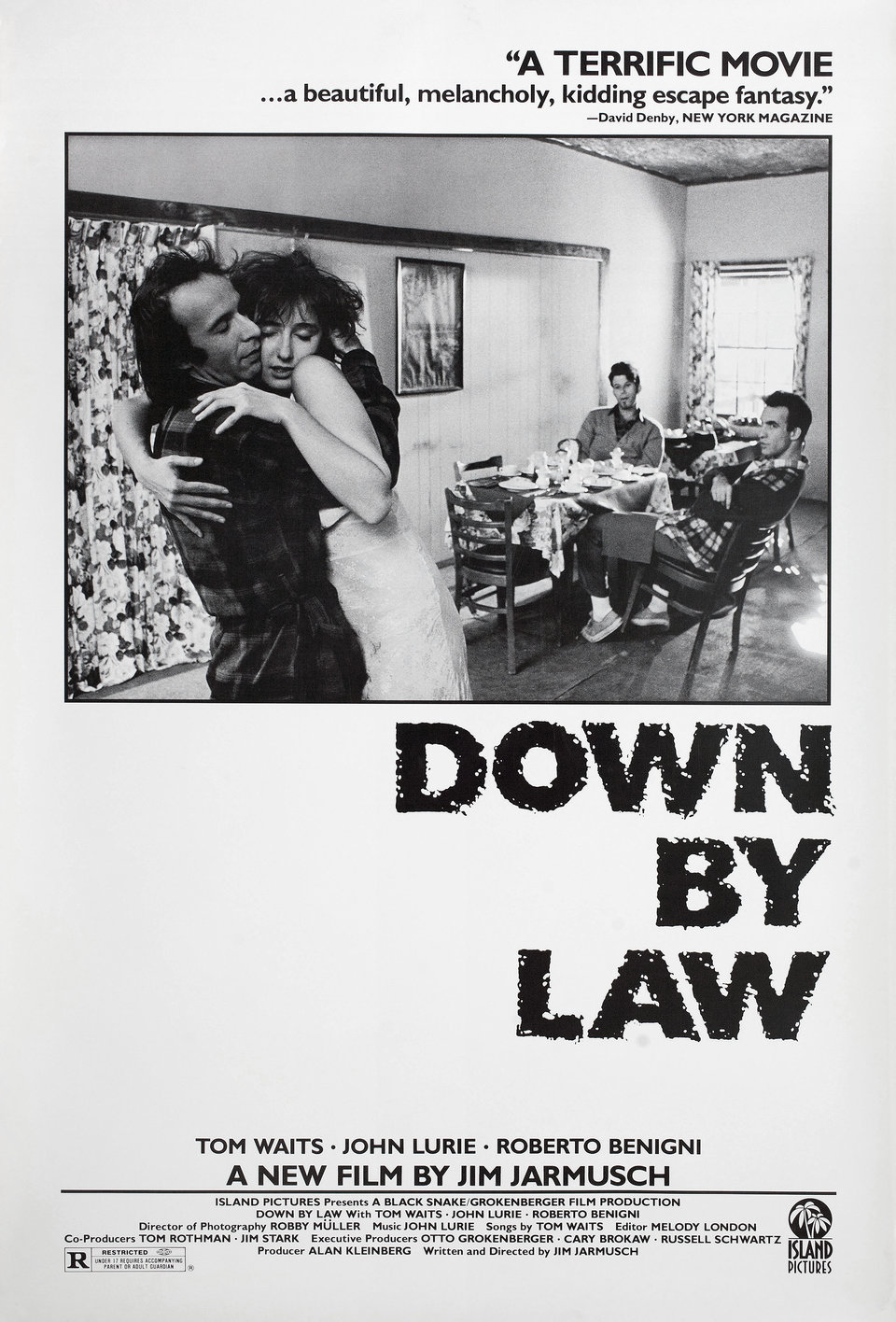
Jim Jarmusch
Jim Jarmusch was introduced to cinema by his mother, who would drop him off at the local movie theater while she went shopping. Influenced by Antonioni, Mizoguchi, and Ozu, whom he discovered at the Cinémathèque française, he enrolled in New York University to study film. His graduation film, Permanent Vacation, was featured in numerous festivals in 1980. The characteristics that would define Jarmusch's style and screenplays were already there: disillusioned dandyism of anti-heroes, work in asceticism, penchant for outsiders, tendency to portray a strange, offbeat daily life. He then went on to direct films such as Stranger Than Paradise (1984), winner of the Caméra d’Or at the Cannes Film Festival and the Golden Leopard at the Locarno Film Festival, Down by Law (1986), Ghost Dog: The Way of the Samurai (1999), Broken Flowers (2005), winner of the Grand Prix at the Cannes Film Festival, Only Lovers Left Alive (2013), and Paterson (2016).

